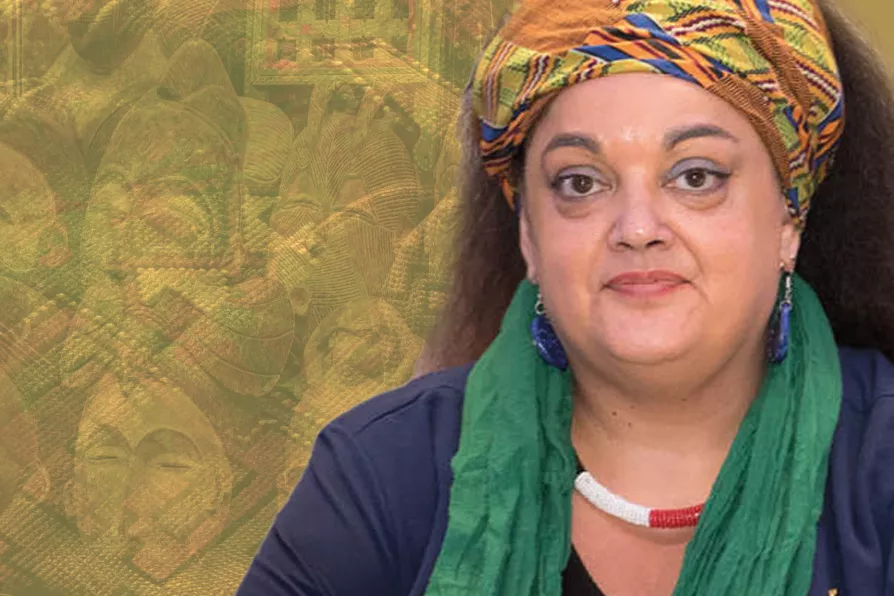As women dominate public services yet face pay gaps, unsafe workloads and rising misogyny, this International Women’s Day and TUC Women’s Conference must be a rallying point, says ANDREA EGAN

 "The role that creative self-employed workers play is crucial to the world, to our collective and individual self-care, raising awareness and education on important issues, challenging discrimination and injustice, bringing joy and healing, enhancing businesses and making the world a better place."
"The role that creative self-employed workers play is crucial to the world, to our collective and individual self-care, raising awareness and education on important issues, challenging discrimination and injustice, bringing joy and healing, enhancing businesses and making the world a better place."
THE majority of our members are self-employed. Working as an artist is precarious work, with people working on a freelance basis, on temporary projects, commissions and contracts.
Self-employed arts and culture workers have already been hard hit by over 10 years of austerity and then we were hit hard by the pandemic — work cancelled with immediate effect and for the foreseeable future — and also found themselves falling between the gaps when it came to government measures to support self-employed people.
Because of the nature of their work, they may not encounter unions and local reps in the way some other workers do, but union organisation is much-needed for these workers. Self-employed workers make up a substantial number of British workers — over 4 million — and in turn make a significant contribution to the economy.

Working-class women lead the fight for fair work and equitable pay and against sexual harassment, the rise of the far right and years of failed austerity policies, writes ROZ FOYER

Artists should not be consigned to a life of precarious working – they deserve dignity and proper workers’ rights, argues ZITA HOLBOURNE

Educators must fight for an inclusive, creative system that values all children










